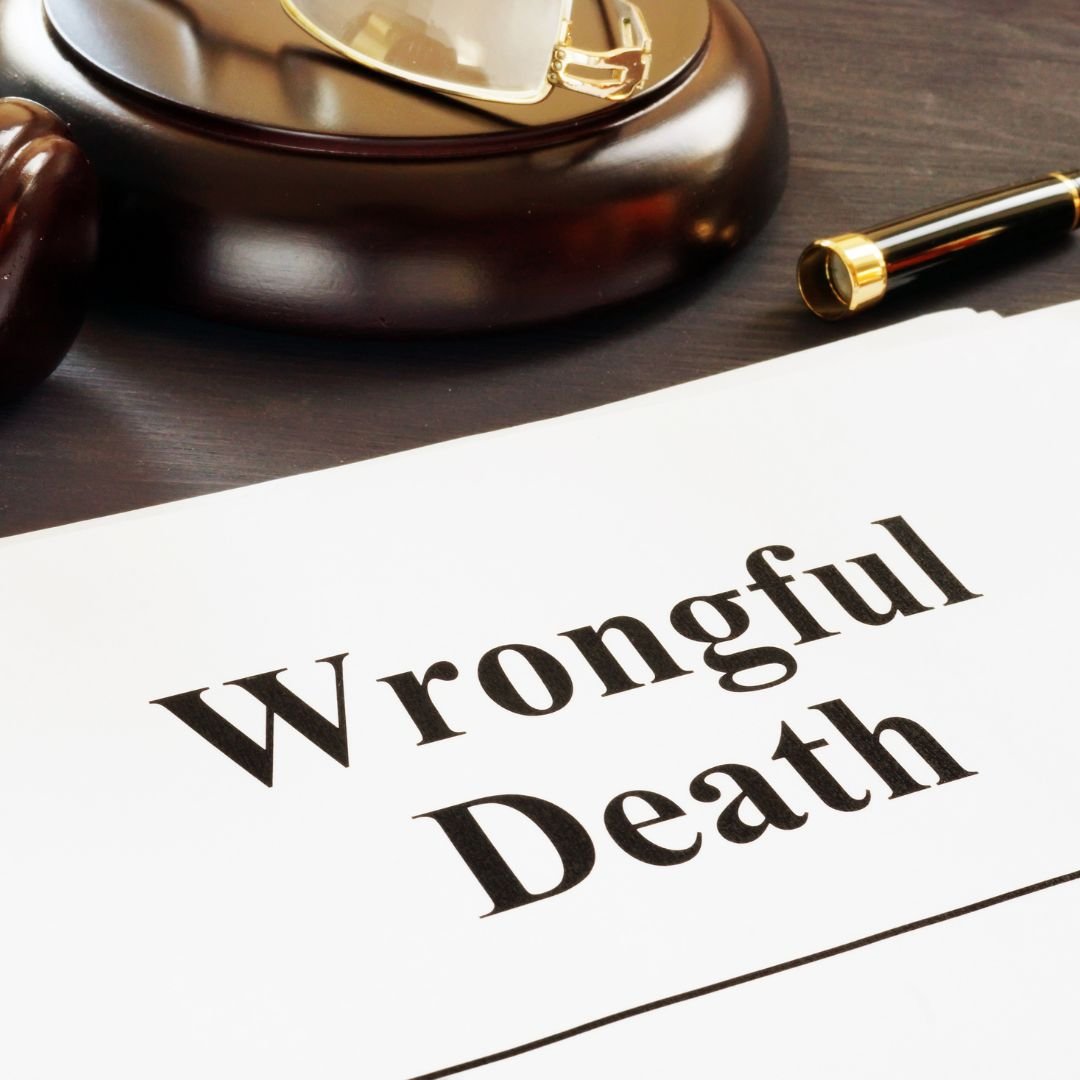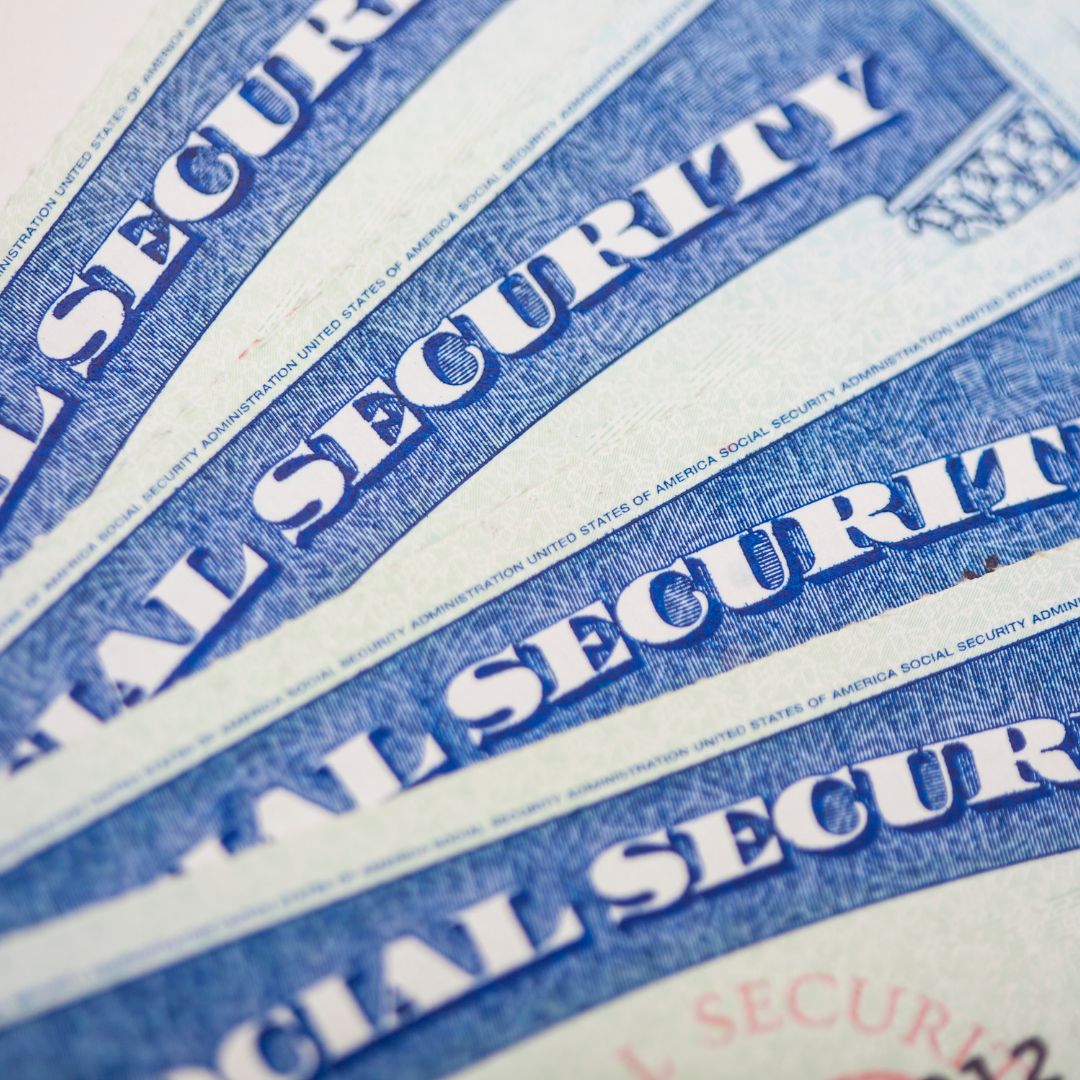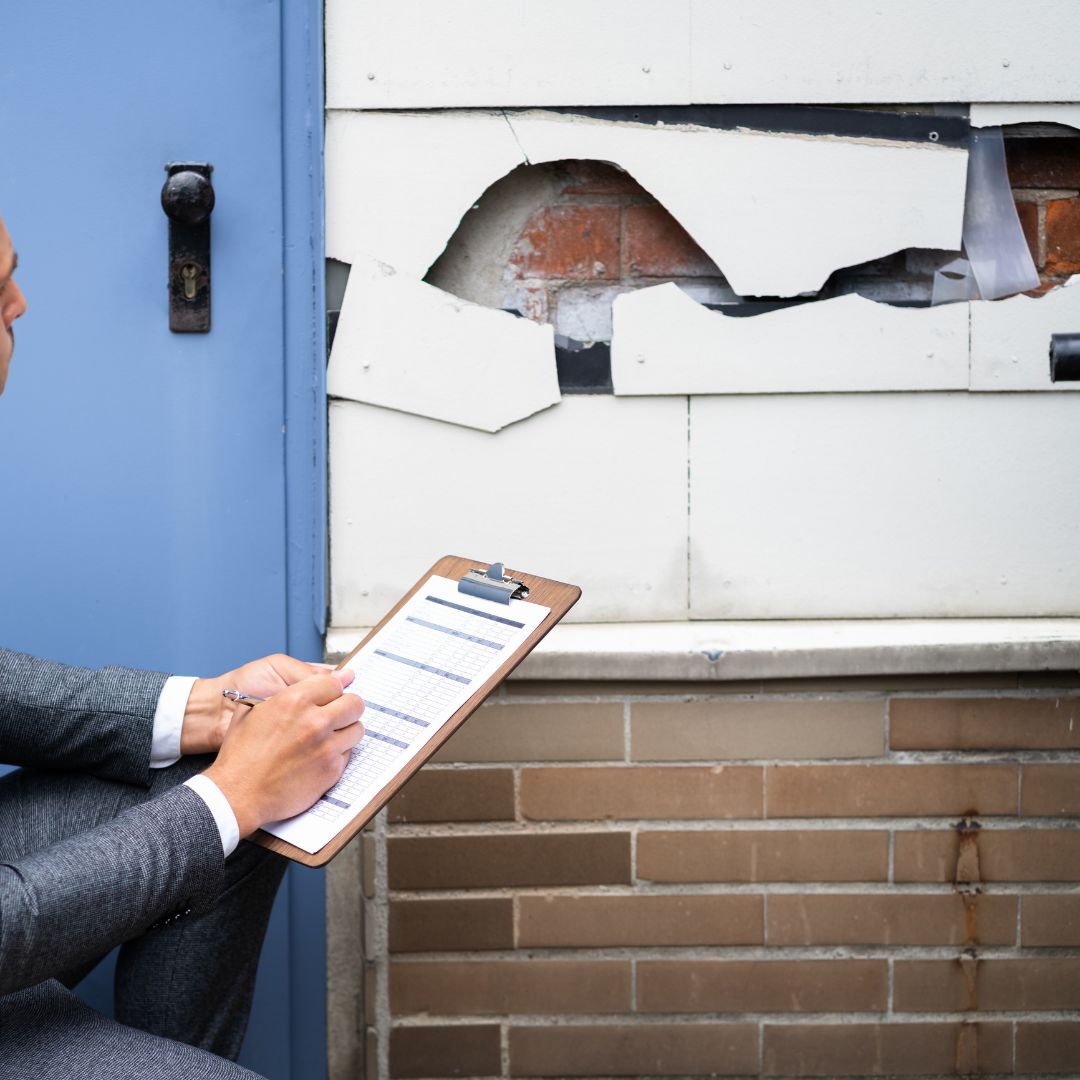Philadelphia Elder Abuse Lawyers
Protecting Seniors and Loved Ones.
Elder abuse is a deeply concerning issue that affects some of our most vulnerable citizens – the elderly.
Get a Free Consultation Now
Hear From Our Clients
Bridget is the consummate attorney. She walked me through the process and stayed in touch with me while my claim processed. I knew I could call her anytime with any questions and she is up front and honest. I’m so grateful to have had her on my case.
I am so thankful for Muller Brazil. My medical bills were taken care of which was the most important thing for me going forward. I feel like i got vip service ... Thanks again y'all.
Leigh went above and beyond always for me on my case. She sent me updates often and made me feel important. Which is the case got overwhelming at times, Leigh always made me feel at ease and worked tirelessly for me. She is exceptional at what she does and concerns for her clients. Continued Blessings Leigh!
Who Is At Risk For Elder Abuse?
$375k Won for a Motorcycle Accident
We understand that elder abuse can take many forms, including physical, emotional, sexual, and financial abuse, often occurring in nursing homes, assisted living facilities, and even within families. If you suspect your loved one is a victim of elder abuse or neglect, seeking fair compensation and justice is crucial.
Our dedicated attorneys are here to provide expert guidance, offering a free consultation to help you observe the signs, seek compensation, and take legal action against those responsible. Your loved one's care is our priority, and we are here to help you every step of the way. Elder abuse is an unwelcome issue, and it's essential to understand who is most vulnerable to these harmful situations. Alarmingly, 5 million older individuals experience abuse each year in the US, according to the non-profit Senior Law Center.
Many of Philadelphia's senior residents have dedicated their lives to caring for their families and communities and are at risk of elder abuse. The risk factors are multifaceted and can stem from external and internal sources.

Recognizing Risks
$190k Won for a Slip & Fall
External Risks
- Long-Term Care Facilities: Nursing home residents and those in an assisted living facility may face increased vulnerability due to their dependence on caregivers and staff for daily care and support. Nursing home abuse can occur in these environments.
- Family Members: Shockingly, some elder abuse cases involve a family member as perpetrator. Caregiver stress, financial difficulties, or unresolved family conflicts can lead to emotional, physical, or financial abuse within the family unit.
- Caregivers: While most caregivers provide compassionate care, some individuals in this role may succumb to stress, exhaustion, or inadequate training, potentially causing unintentional harm to elderly loved ones.
Internal Risks
- Health and Dependency: Seniors facing declining physical or mental health may become more dependent on others for their daily needs, making them susceptible to mistreatment.
- Isolation: A significant concern among older adults can increase the risk of abuse. Isolated seniors may have limited social interaction, making it easier for abuse to go unnoticed.
- Cognitive Impairment: Conditions such as dementia can render seniors unable to protect themselves or communicate their experiences, making them especially vulnerable to mistreatment.
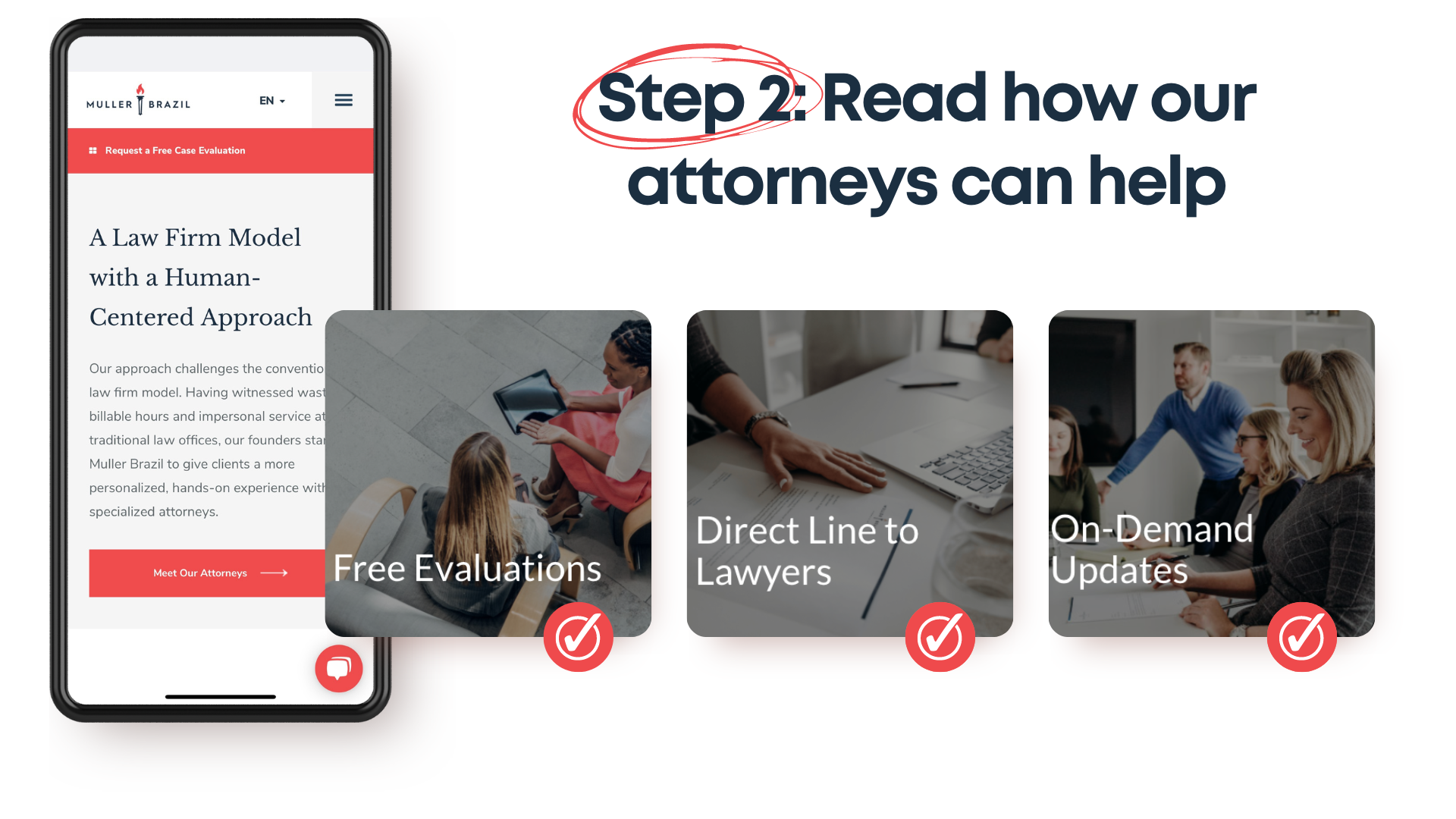
Who Are The Perpetrators?
$150k Won for a Defective Knee Implant
Identifying those responsible for elder abuse is crucial for protecting the well-being of vulnerable senior citizens. Perpetrators come from various walks of life, including family members, caregivers, nursing home staff, strangers, and individuals holding power of attorney. Shockingly, some cases even involve those within the senior's social circle or unscrupulous contractors. These perpetrators may exploit trust, manipulate for financial gain, or engage in abusive behavior.
Recognizing these potential sources of elder abuse is vital to detect and prevent mistreatment, ensuring the protection of elderly individuals in our Philadelphia community.
Right to Dignity
Elderly individuals, after a lifetime of service and caring for their families and communities, have earned the right to live out their later years with dignity and respect. Senior citizens have contributed to society, nurtured future generations, and often selflessly devoted their lives to others. These individuals, who have faced numerous challenges and sacrifices, should not be subjected to the horrors of elder abuse in their vulnerable years. Preserving their dignity means ensuring their safety and physical and emotional well-being and protecting them from abuse, neglect, and exploitation.
It is a collective responsibility to shield our elderly loved ones from harm, honor their contributions, and provide the compassionate care they deserve. At Muller Brazil, we are committed to upholding the dignity of our elderly community members and advocating for their rights when they are most vulnerable.

Areas We Serve
What constitutes elder abuse?
-
Physical Abuse
Physical abuse against elderly individuals involves intentionally using force that causes bodily harm or pain to older adults. This form of elder abuse can manifest in various ways, including:
- Hitting or Slapping: Elders may be physically struck or slapped, leaving visible injuries, bruises, and physical pain.
- Pushing or Shoving: Forcing an elderly person to the ground or into objects can lead to injuries like fractures or cuts or even broken bones
- Restraint or Confinement: Improper use of restraints or confinement in the living facility causes physical discomfort and psychological distress.
- Force-Feeding or Withholding Food/Water: Controlling an elderly person's access to food and water, or force-feeding, can result in malnutrition and dehydration.
- Improper Medication Management: Administering incorrect medications or dosages can have severe physical consequences for the elderly.
- Neglecting Hygiene and Medical Care: Failing to provide necessary medical attention, hygiene, or assistance with activities of daily living can result in physical deterioration.
-
Sexual Abuse
Sexual abuse against elderly individuals is a deeply troubling and unacceptable form of elder abuse. This mistreatment of older adult involves any non-consensual sexual contact or activity inflicted upon an elderly person, regardless of their mental or physical condition. Examples of sexual abuse against the elderly include:
- Non-consensual Sexual Contact: Any unwanted sexual contact, touching, fondling, or intercourse without the elderly person's clear and voluntary consent.
- Exposure to Explicit Material: Forcing an elderly person to view explicit content images or engage in sexual acts against their will.
- Sexual Harassment: Engaging in unwelcome sexual advances, comments, or behaviors that create a hostile or intimidating environment for the elderly.
- Exploitation through Sexual Acts: Coercing or manipulating an elderly individual into performing sexual acts for the abuser's gratification.
-
Emotional Abuse
Emotional abuse against elderly individuals is just as damaging as physical harm. This form of elder abuse involves the deliberate infliction of emotional or physical pain, distress, or anguish upon an elderly person, often through psychological manipulation and cruelty. Examples of emotional abuse against the elderly include:
- Verbal Assaults: Subjecting the elderly individual to harsh words, insults, or threats designed to degrade or frighten them.
- Intimidation and Threats: Creating an atmosphere of fear through intimidation, threats of harm, or isolation.
- Isolation and Neglect: Isolating the elderly person from social interactions, depriving them of companionship, and neglecting their emotional needs.
- Demeaning or Controlling Behavior: Controlling the elderly person's actions, finances, or personal choices, undermining their sense of independence.
- Humiliation and Ridicule: Ridiculing or humiliating the elderly in front of others causes emotional pain and suffering.
-
Financial Abuse
Financial abuse against elderly individuals is a saddening form of abuse involving exploiting their financial resources, assets, or property without their consent or for personal gain. Examples of such financial exploitation and abuse against the elderly include:
- Unauthorized Access to Funds: Illegally withdrawing money from the elderly person's bank account or using their credit cards without permission.
- Coercion or Manipulation: Forcing the elderly person to sign documents, such as wills or contracts, against their will or best interests.
- Stealing Valuables: Taking valuable items or possessions belonging to the elderly without their knowledge or consent.
- Misusing Power of Attorney: Abusing legal authority granted through power of attorney to make financial decisions that benefit the abuser.
- Deceptive Scams: Conning the elderly into fraudulent schemes or scams that result in financial losses.
-
Neglect
Neglect of elderly individuals is another worrying form of elder abuse that involves the failure to provide essential care, support, and attention, resulting in harm, or suffering. Examples of neglect against the elderly include:
- Basic Needs Neglect: Failing to provide adequate food, water, shelter, or clothing, leading to malnutrition, dehydration, or exposure-related health issues.
- Medical Neglect: Neglecting to ensure proper medical care, medication management, or necessary medical attention, worsening the elderly person's health.
- Hygiene Neglect: Failing to assist with personal hygiene, resulting in infections, skin issues, or other preventable health problems.
- Social Isolation: Isolating the elderly person from social interactions, depriving them of companionship and emotional support.
- Neglect of Safety: Neglecting to maintain a safe living environment can lead to accidents, injuries, or hazardous conditions.
Related Blog Posts
6 min read
Who Is at Fault in Rear-End Collision?
Feb 20, 2025 by Paul R. Brazil, Esquire
6 min read
Not at Fault Insurance Claim: Legal Help and Tips
Feb 20, 2025 by Maximillian J. Muller, Esquire
6 min read
What to Do If a Vehicle Damages Your Property
Feb 18, 2025 by Paul R. Brazil, Esquire
Our Consultations Are Always Free
Don't worry, you won't be passed along to staff like other law firms - speak directly with our lawyers today.






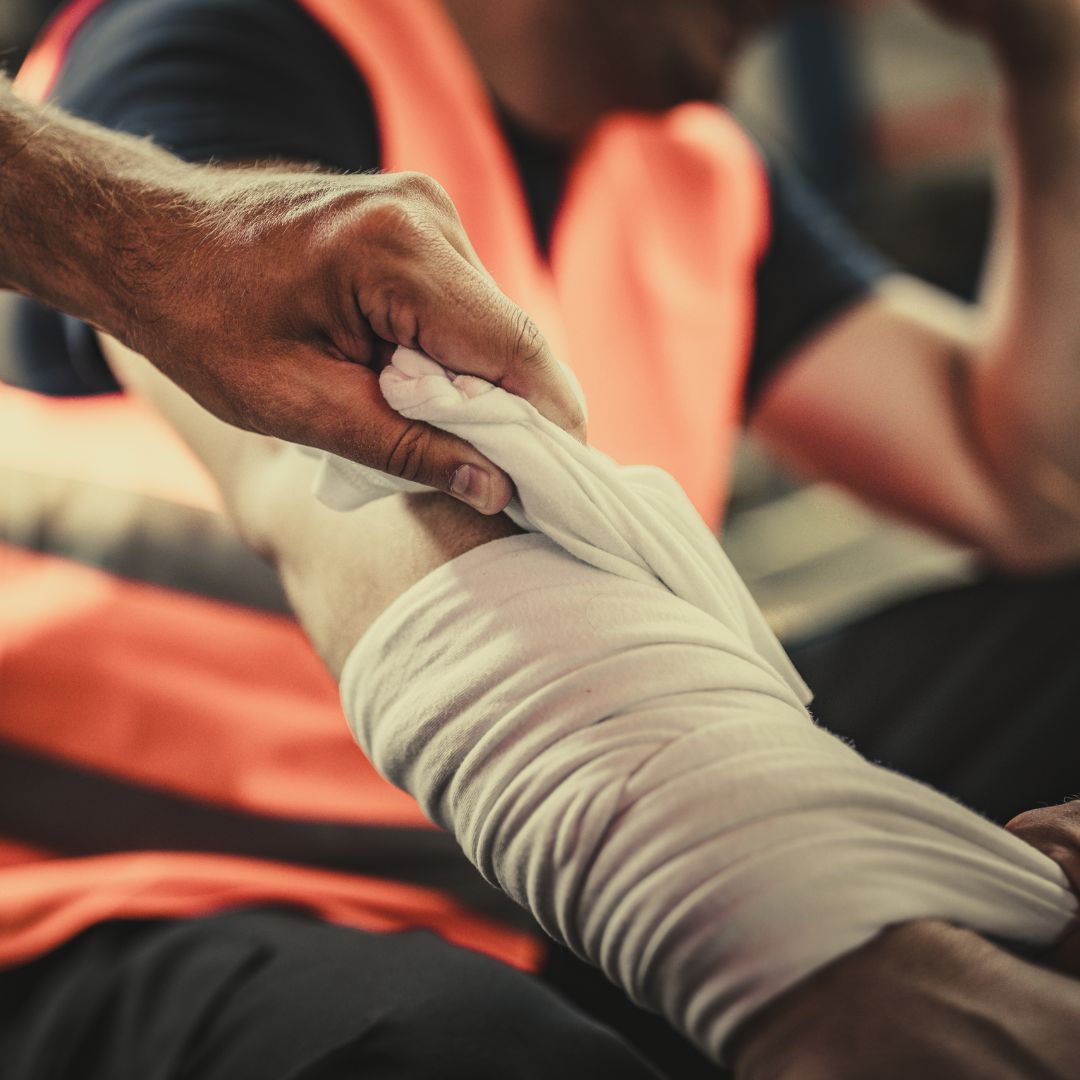
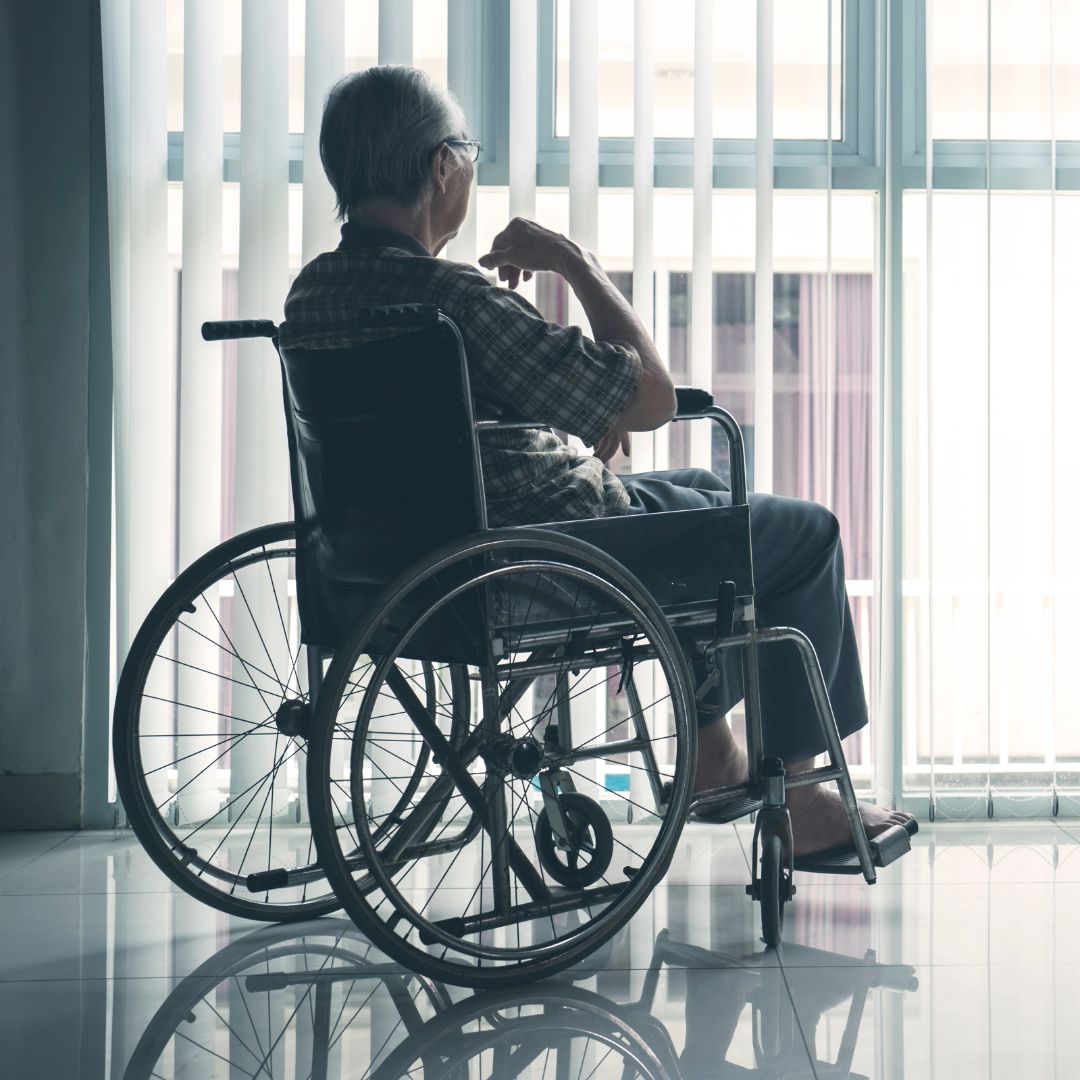
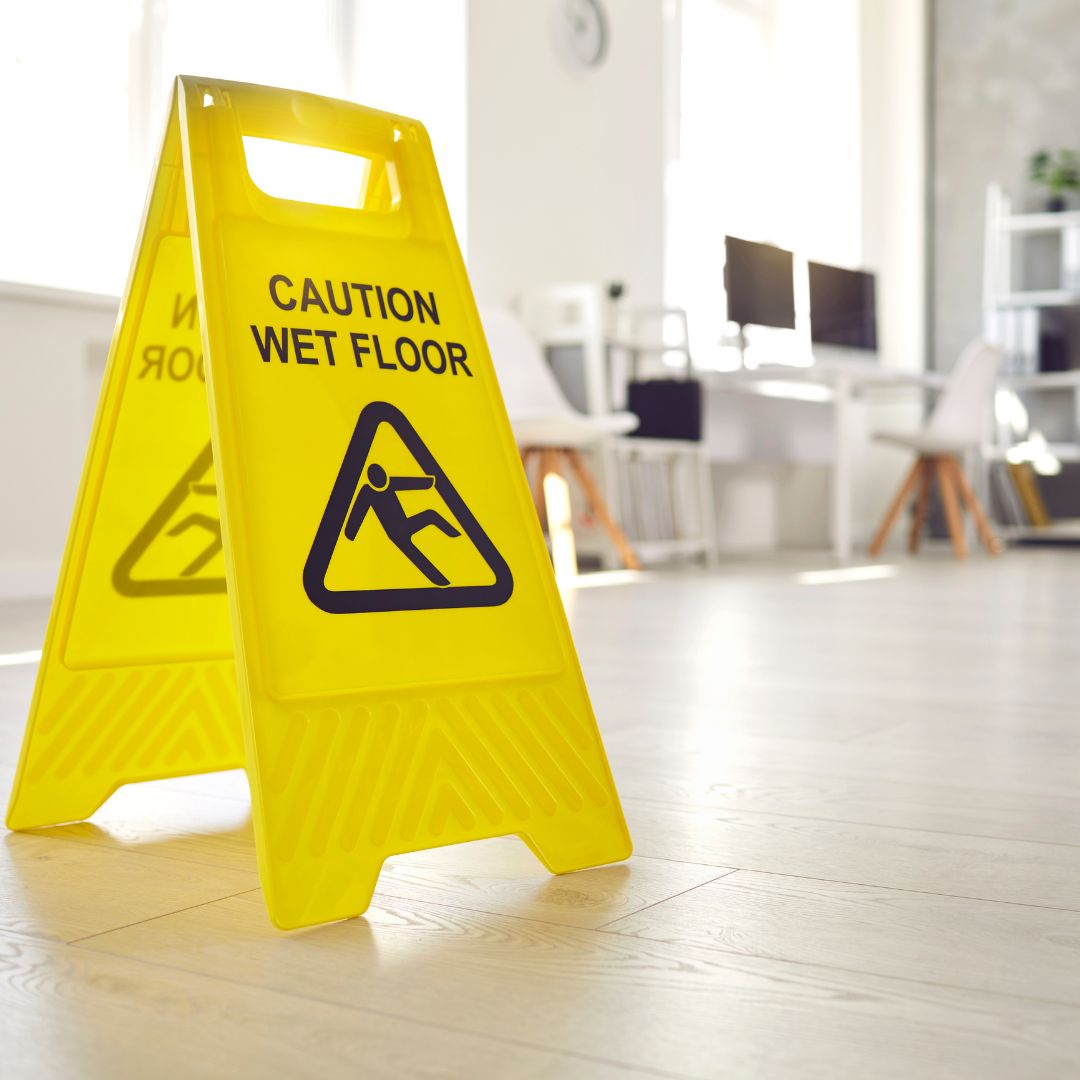

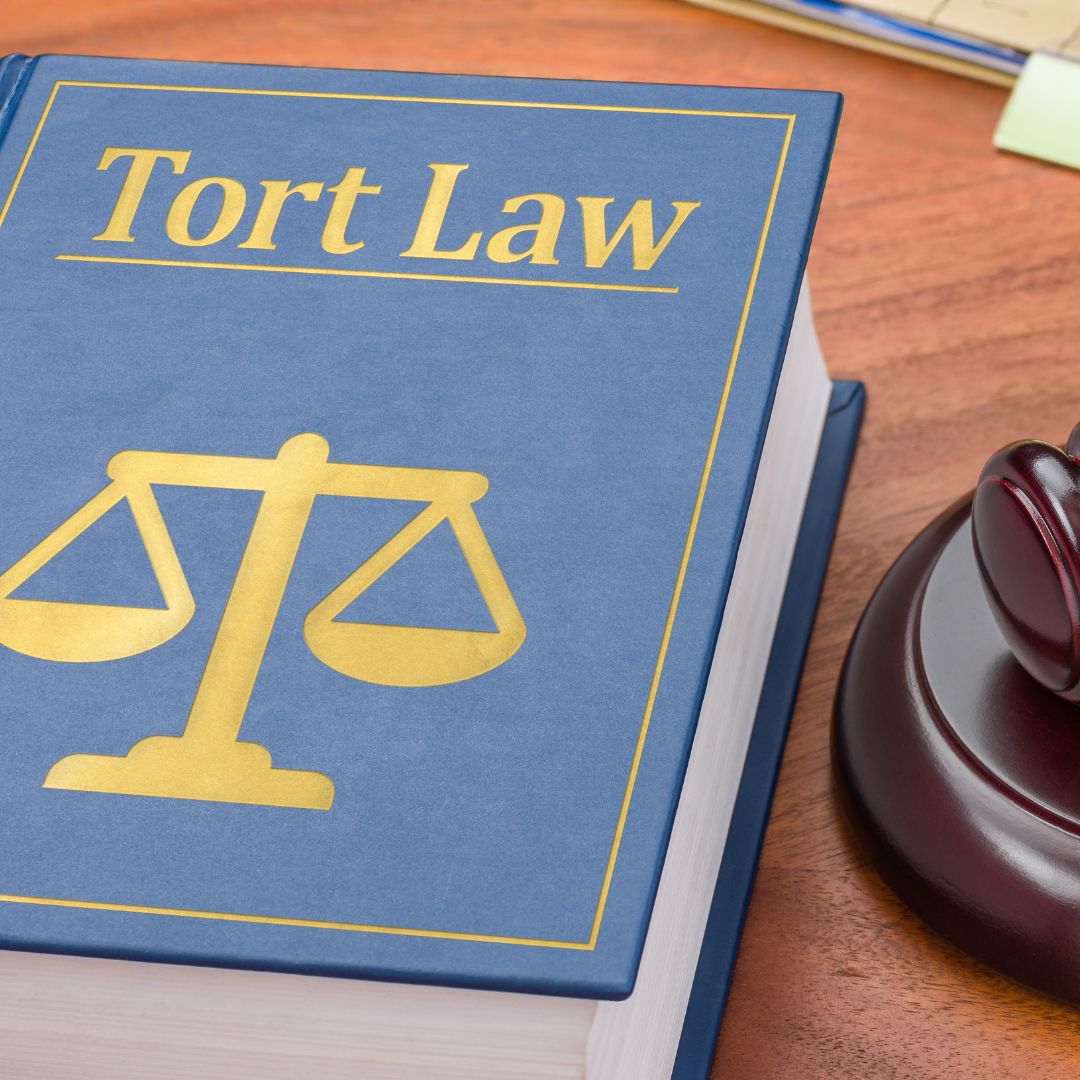
.jpg)
